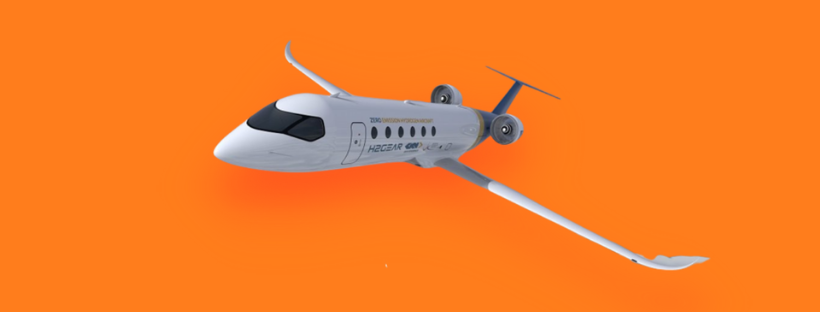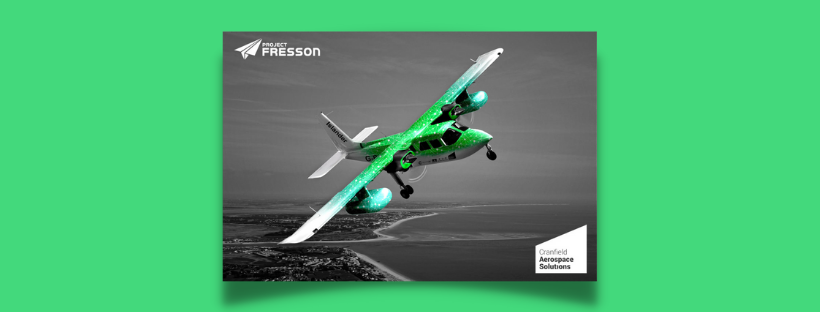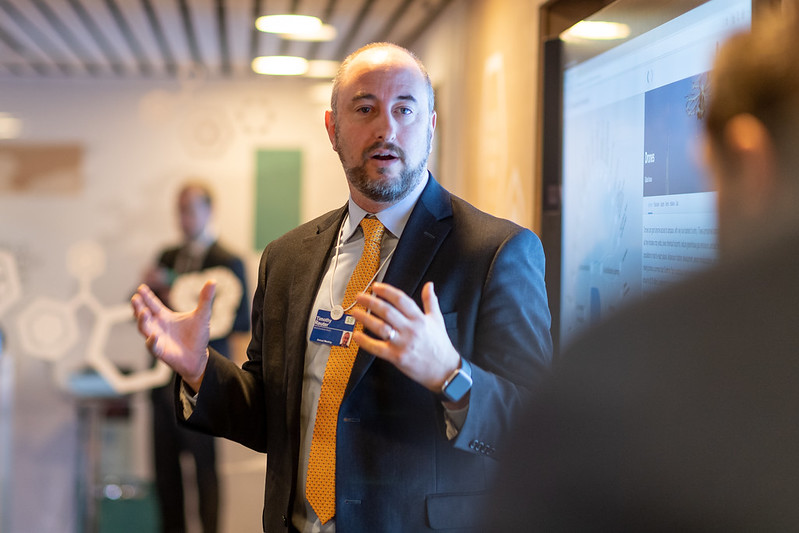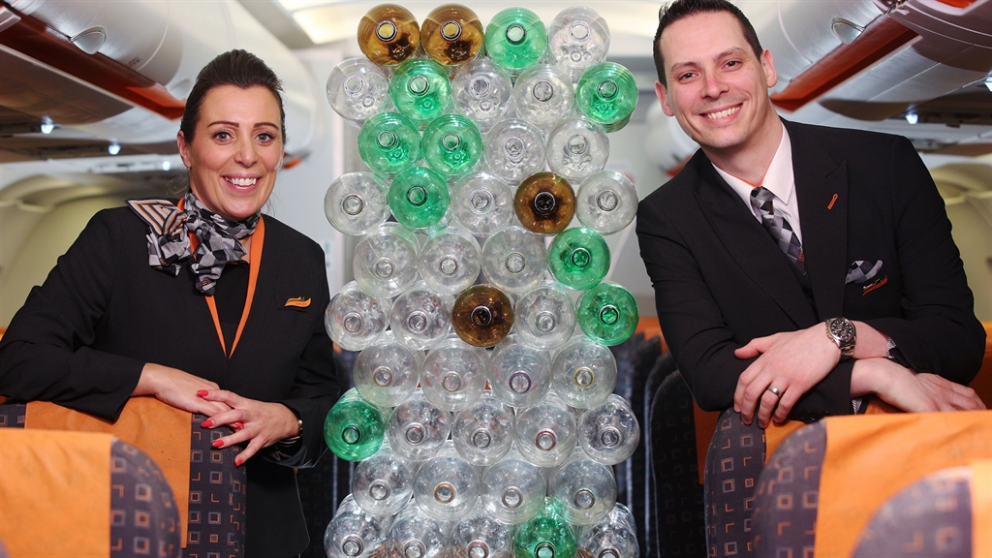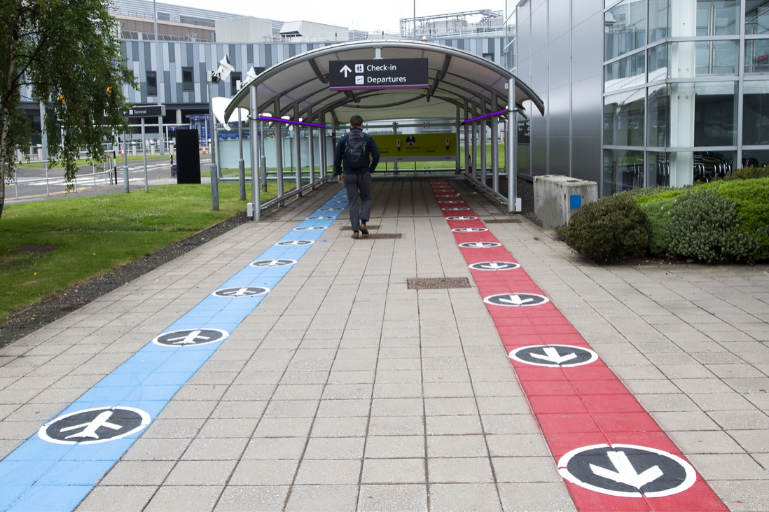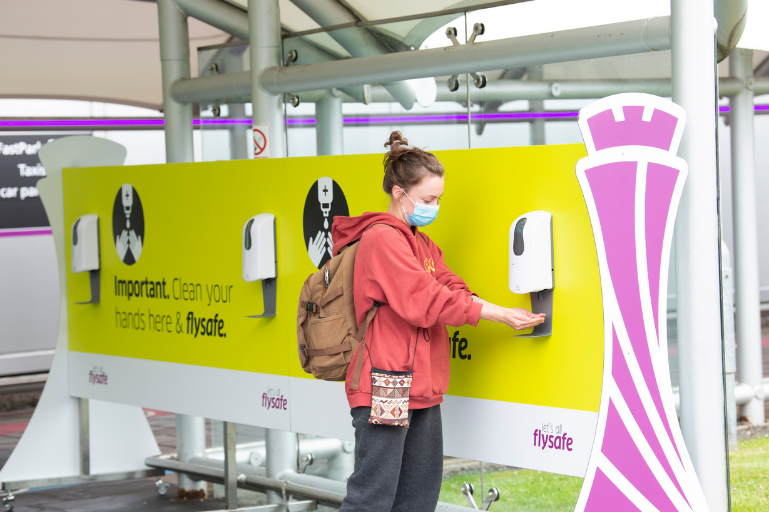easyJet expands UK presence with new base at London Southend Airport
easyJet is set to bolster its presence in the United Kingdom with the opening of its 10th UK base at London Southend Airport in March next year. This expansion marks a significant milestone for the airline, signalling continued growth within the UK market.
The new base is expected to create approximately 130 direct jobs for pilots and crew, while also supporting numerous indirect employment opportunities. The decision to establish the base underscores easyJet’s commitment to seizing key growth opportunities and meeting the evolving needs of its customers across its extensive network.
Johan Lundgren, CEO of easyJet, expressed his enthusiasm for the expansion, stating,
We are delighted to be announcing another three-aircraft base in the UK, at London Southend Airport. This will create hundreds of jobs and provide more choice for consumers with new routes and package holidays.
London Southend Airport CEO, John Upton, echoed Lundgren’s sentiments. He said,
We’re thrilled to welcome an easyJet base to London Southend, supporting and creating hundreds of jobs locally as well as convenient, new and returning connections to many popular leisure and city destinations. This move is indicative of the demand from people in the east of London, Essex and the wider East Anglia region who now have greater opportunities to choose to travel through our well connected, quick and easy airport.
easyJet passengers will start their [journey] sooner at London Southend as they relax and discover our award-winning terminal experience. Our dedicated on-site rail station is less than one hour from central London; only 43 minutes from Stratford, with connections to the Elizabeth Line; and only 100 paces from the terminal door.
The strategic positioning of the new base further strengthens easyJet’s network, positioning the airline as the preferred carrier for UK consumers. With 56% of all easyJet passengers flying to and from UK airports, this expansion aligns with the airline’s aim to cater to the growing demand for travel among UK travellers.
Already serving international routes from London Southend to popular destinations such as Amsterdam, Geneva, and Malaga, easyJet’s planned addition of more aircraft will facilitate the launch of six new routes, including destinations like Pisa, Gran Canaria, and Marrakech.
Moreover, easyJet holidays will soon be available from London Southend, providing travellers with convenient package holiday options. Departures are scheduled from 1 May 2025, with flights set to go on sale in the coming months.
Commenting on the expansion, Lundgren emphasised easyJet’s commitment to the UK market, citing the airline’s trusted brand, extensive network, and competitive fares as key factors driving customer choice.
For travellers seeking further information on easyJet’s expanded services contact your Global Travel Management Account Manager.




